Short & Long Question Answers: The Wonderful World of Science | Short & Long Answer Questions for Class 6 PDF Download
Short Questions Answer
Q1. What is the purpose of science?
Ans: The purpose of science is to:
- Understand the world around us.
- Observe and ask questions about our environment.
- Conduct experiments to uncover the secrets of the universe.
Q2. How does Science help us understand the world?
Ans: Science helps us understand the world through a systematic approach. It enables us to:
- Ask questions about our surroundings.
- Conduct experiments to test our ideas.
- Analyse results to gain knowledge about natural phenomena.
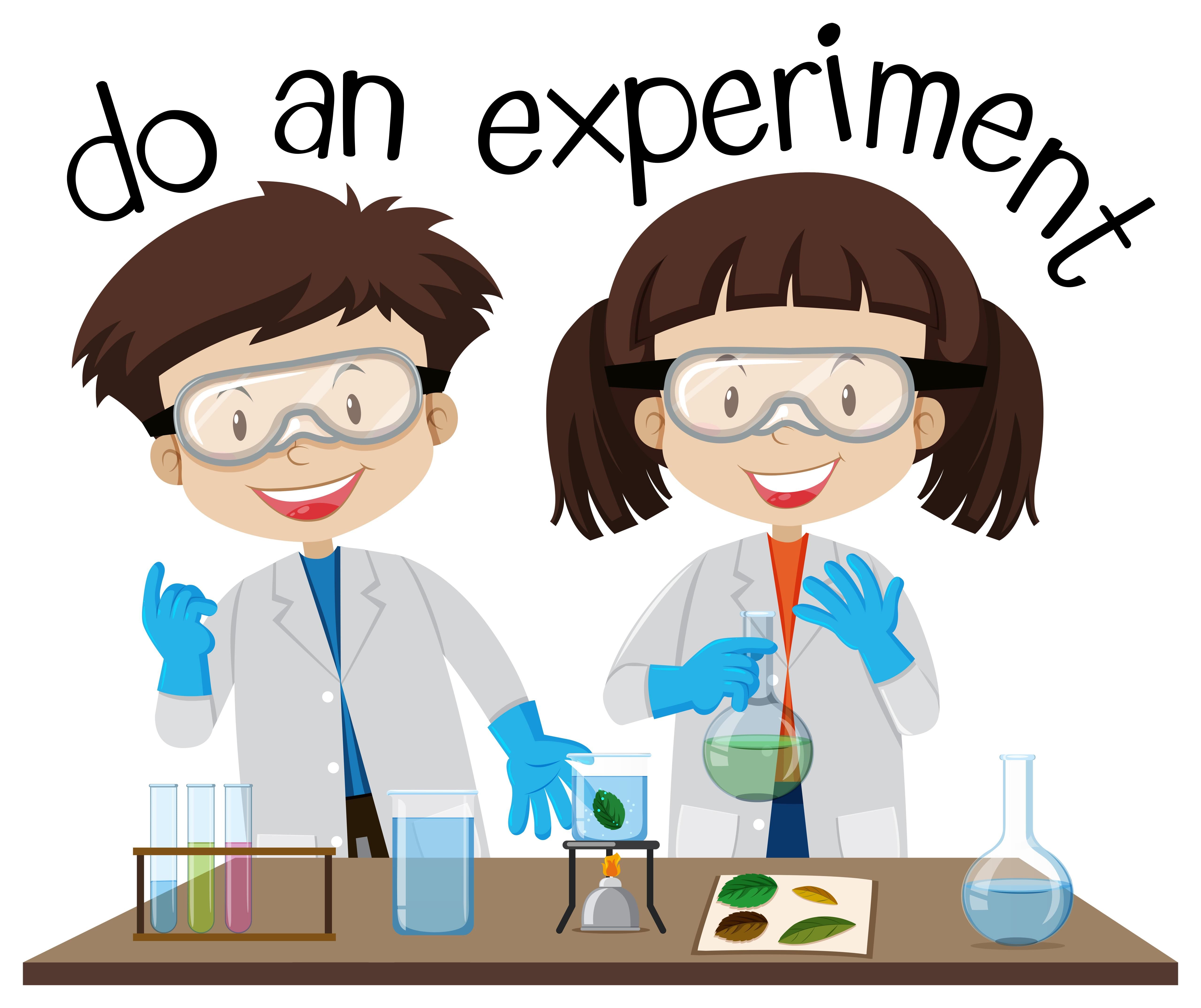 Q3. How does Science help us understand natural phenomena like the blooming of a flower or the shining of stars?
Q3. How does Science help us understand natural phenomena like the blooming of a flower or the shining of stars?
Ans: Science helps us explain natural phenomena through observation, experimentation, and analysis. It reveals the processes behind events, such as:
- Nuclear fusion in stars, which causes them to shine.
- The influence of environmental cues on the blooming of flowers.
Q4. Give an example of applying the scientific method in daily life.
Ans: An example of applying the scientific method in daily life is troubleshooting a light bulb that isn't working. The process involves:
- Observe the issue: The bulb does not light up.
- Form a hypothesis: The bulb might be burnt out.
- Analyse the results: If the new bulb lights up, the hypothesis was likely correct.
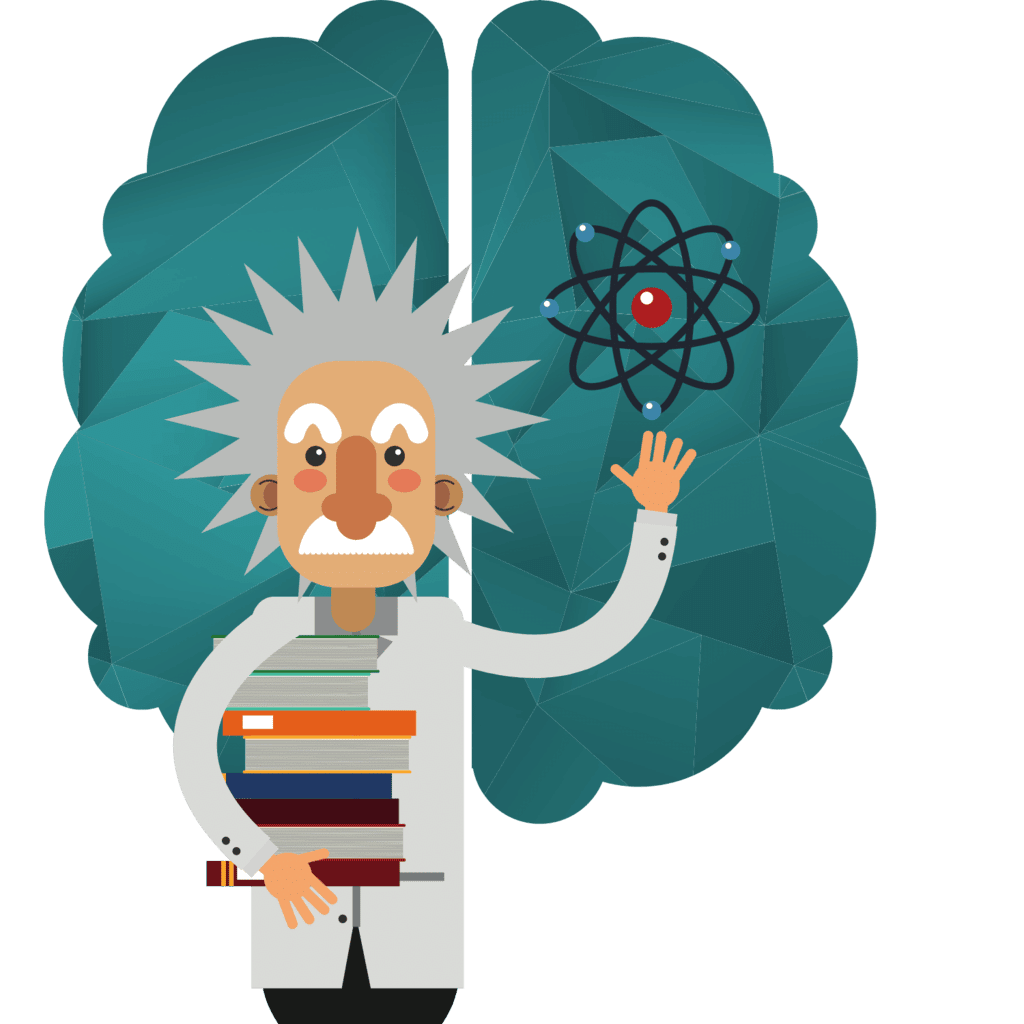
Q5. What is the scope of scientific exploration?
Ans: The scope of scientific exploration is extensive and boundless. It includes:
- Studying our planet Earth and its ecosystems.
- Exploring the depths of the oceans.
- Investigating the vastness of outer space.
- Examining materials, living organisms, and natural phenomena.
Q6. What makes the study of science enjoyable?
Ans: The study of science is enjoyable for several reasons:
- It sparks curiosity and encourages exploration.
- It involves hands-on experiments that can be exciting.
- It helps us understand how things work in our world.
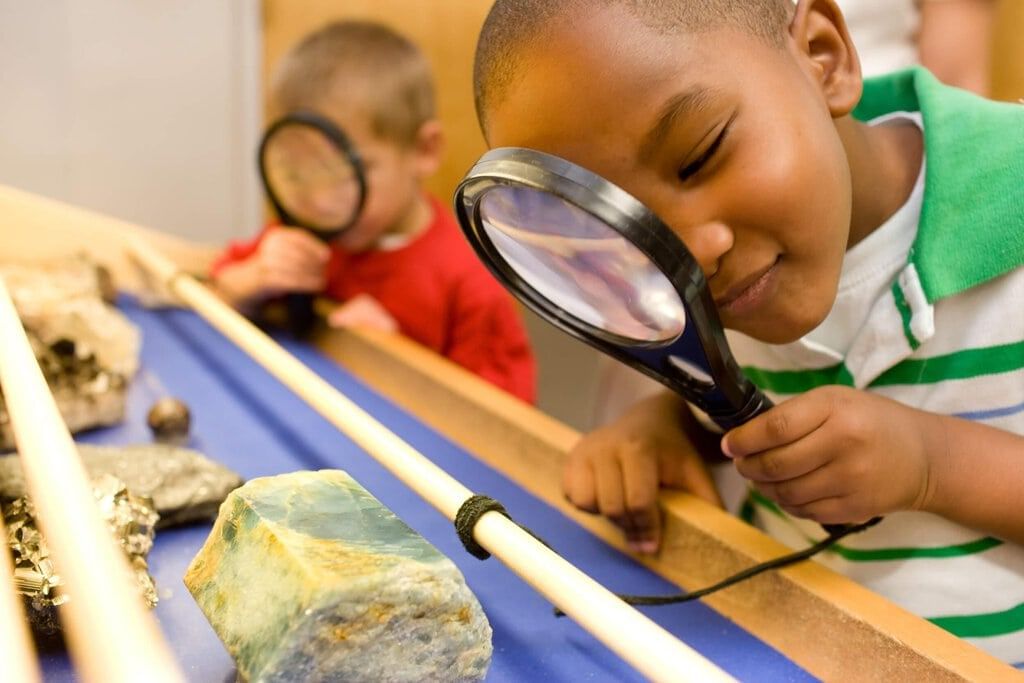
Q7. Describe the collaborative nature of scientific work.
Ans: Scientific work is typically a collaborative effort, involving scientists from various parts of the world. This teamwork is essential for several reasons:
- Sharing ideas: Scientists exchange thoughts and insights, which can lead to innovative solutions.
- Data collaboration: Working together allows for the pooling of data, enhancing the quality and scope of research.
- Peer review: Teamwork fosters a culture of critique and validation, ensuring robust research findings.
Q8. Why is the Earth considered a special planet?
Ans: Earth as a Special Planet:
- The Earth is the only known planet that supports life.
- It has a rich variety of plants and animals living in diverse environments.
- This unique ability to harbour life makes Earth a key focus for scientific research.
Long Question Answer
Q1. How do you think curiosity plays a crucial role in the study of science? If yes, give reason to substantiate your answer.
Ans: Curiosity is the foundation of scientific exploration. It drives us to ask questions, seek answers, and make discoveries. Without curiosity, scientific progress would slow down, as there would be no desire to explore the unknown.
Curiosity helps in:
- Encouraging inquiry by questioning natural phenomena.
- Fueling discoveries, like electricity and vaccines.
- Deepening understanding through research and experimentation.
For example, curiosity about space led to space exploration, and questioning diseases led to medical advancements. It is the spark that keeps science evolving.
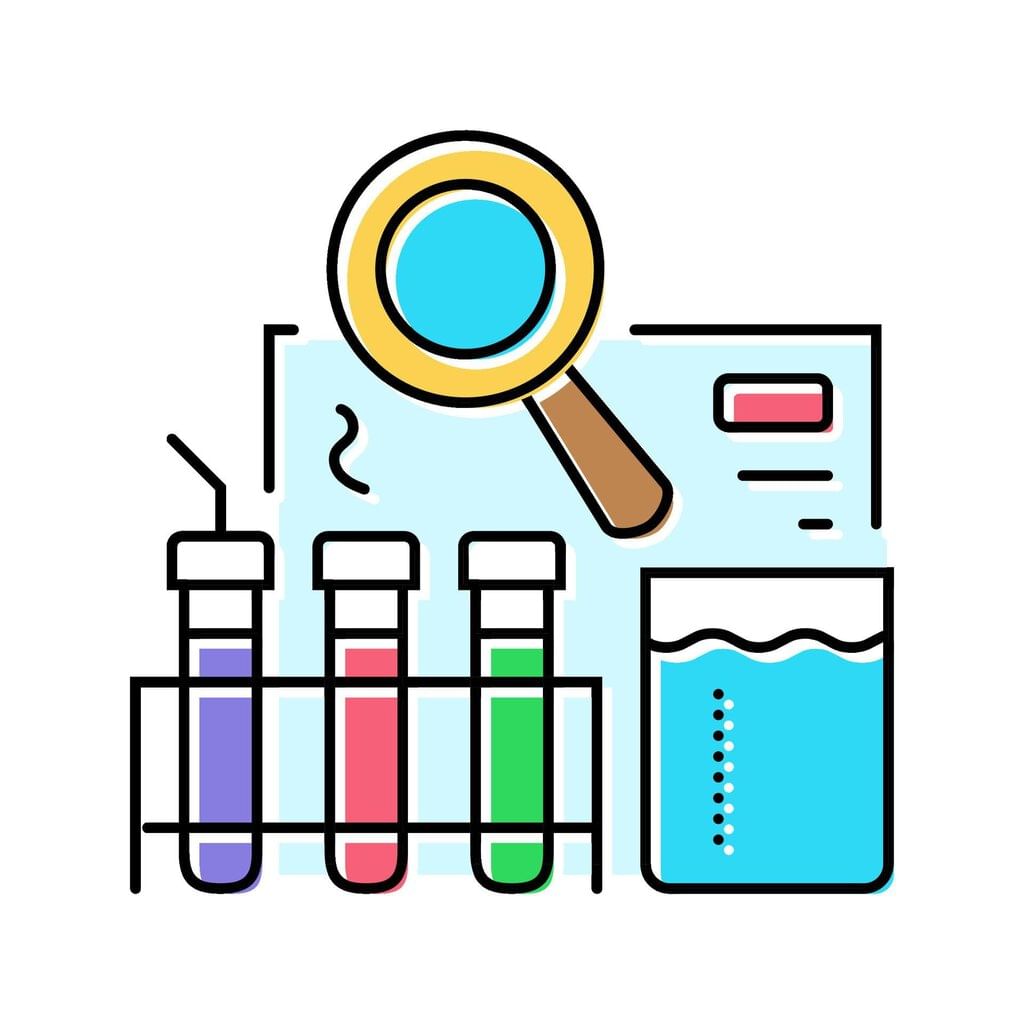
Q2. Why can Science be described as a big adventure?
Ans: Science is a big adventure because it involves exploring the unknown, solving mysteries, and making new discoveries. Like an explorer on a journey, scientists continuously seek answers, uncovering new knowledge at every step.
- It involves constant questioning and experimenting.
- Each discovery leads to more questions, making it exciting.
- It never ends—there is always more to learn.
For instance, discovering gravity led to space research, and exploring atoms led to modern technology. Science is an endless adventure of knowledge.
Q3. What are some of the daily life situations mentioned in the passage where Science can be applied?
Ans: Science is present in our everyday activities. The passage mentions:
- A pen stopping writing – Checking if the ink is empty or dried up.
- Dal spilling from a cooker – Caused by steam pressure buildup.
- A flat bicycle tire – Finding the puncture or valve issue.
- A non-working light bulb – Checking if it’s fused or a wiring issue.
These examples show that science helps us solve problems logically in daily life.
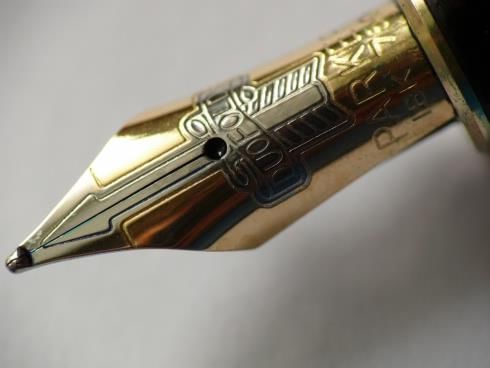
Q4. Explain the scientific method using the example of a pen that stops writing.
Ans:
The scientific method is a step-by-step approach to solving problems.
- Observation: The pen is not writing.
- Question: Why did it stop writing?
- Hypothesis: The ink might have run out.
- Experiment: Check the ink level.
- Analysis: If ink is present, consider other reasons like a clogged tip.
- Conclusion: Fix the issue by refilling ink or cleaning the tip.
This method helps solve problems in a structured and logical way.
Q5. Why could we say that Science is everywhere around us?
Ans: Science is part of everything we do. It explains:
- Daily activities like cooking and cleaning.
- Technology such as mobile phones and computers.
- Medicine including vaccines and treatments.
- Nature like plant growth and weather patterns.
From fixing gadgets to understanding space, science is all around us, shaping our lives every day.
FAQs on Short & Long Question Answers: The Wonderful World of Science - Short & Long Answer Questions for Class 6
| 1. What is the importance of science in our daily lives? |  |
| 2. How do scientists conduct experiments? |  |
| 3. What are the different branches of science? |  |
| 4. How can students develop an interest in science? |  |
| 5. What role does technology play in science? |  |






















